The besetting danger is not so much of embracing falsehood for truth, as of mistaking a part of the truth for the whole
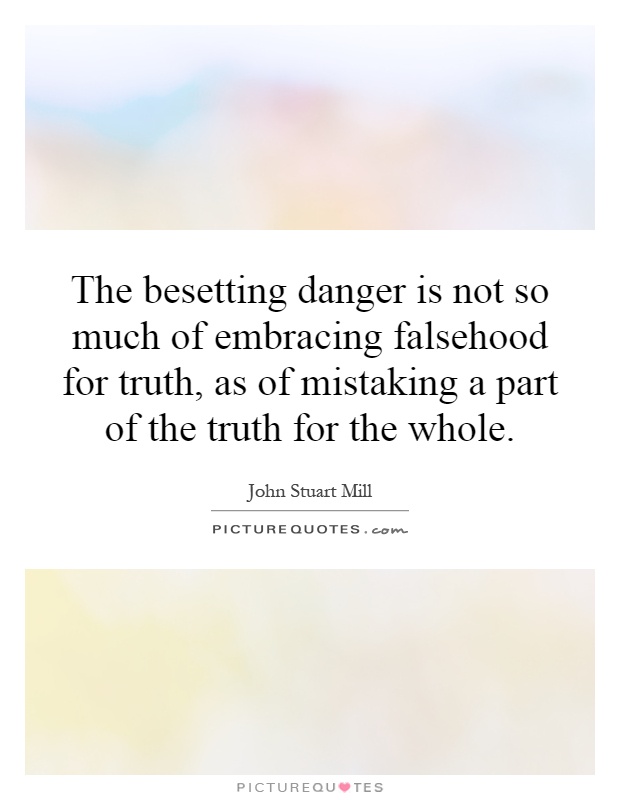
The besetting danger is not so much of embracing falsehood for truth, as of mistaking a part of the truth for the whole
John Stuart Mill, a prominent philosopher and political economist of the 19th century, was a staunch advocate for the pursuit of truth and the importance of critical thinking. In his works, Mill often emphasized the dangers of embracing falsehoods and the necessity of seeking out the whole truth rather than settling for partial truths. One of his most famous quotes, "The besetting danger is not so much of embracing falsehood for truth, as of mistaking a part of the truth for the whole," encapsulates his belief that the greatest threat to intellectual progress lies in our tendency to overlook nuances and complexities in our search for understanding.Mill's warning about mistaking a part of the truth for the whole is particularly relevant in today's society, where information is constantly bombarding us from all directions. In an age of social media and instant news, it is easy to fall into the trap of accepting simplistic narratives or cherry-picking facts that confirm our preconceived beliefs. This can lead to a distorted view of reality and hinder our ability to engage in meaningful dialogue with others who may hold different perspectives.
Mill believed that the only way to combat this tendency towards intellectual laziness and confirmation bias is through rigorous critical thinking and a commitment to seeking out the whole truth, even if it challenges our existing beliefs. He argued that by engaging with diverse viewpoints and considering all available evidence, we can arrive at a more nuanced and accurate understanding of the world around us.
In his seminal work, "On Liberty," Mill famously defended the importance of free speech and open debate as essential tools for uncovering the truth. He believed that by allowing all voices to be heard, even those we may find disagreeable or offensive, we can better test our own beliefs and refine our understanding of the world. This commitment to intellectual humility and openness to new ideas is crucial in avoiding the pitfalls of mistaking a part of the truth for the whole.
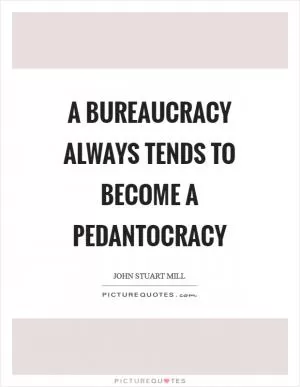
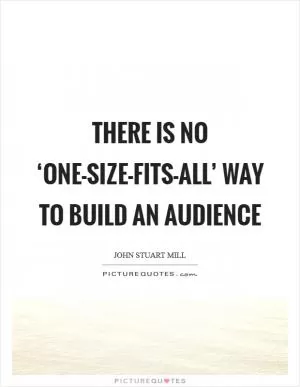

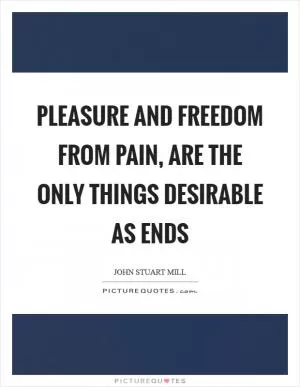

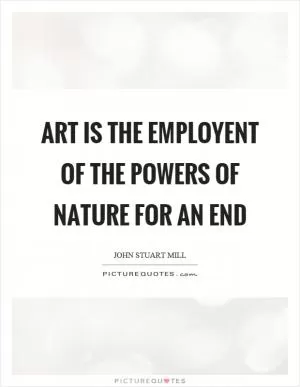
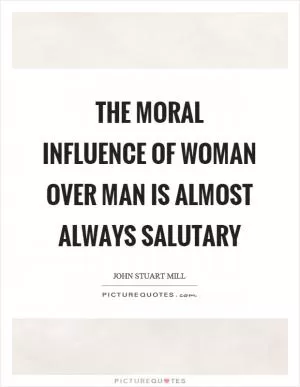
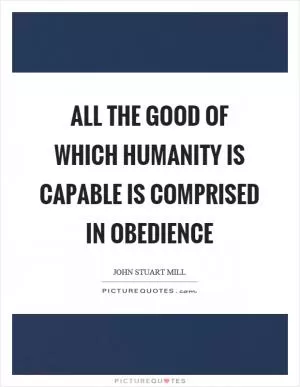
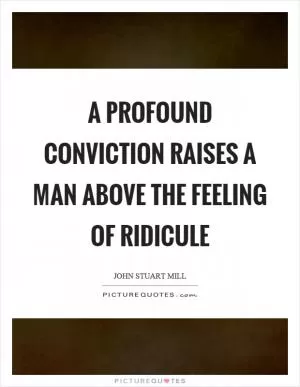

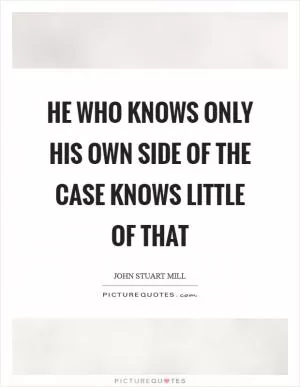
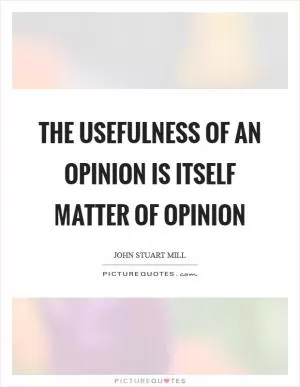
 Friendship Quotes
Friendship Quotes Love Quotes
Love Quotes Life Quotes
Life Quotes Funny Quotes
Funny Quotes Motivational Quotes
Motivational Quotes Inspirational Quotes
Inspirational Quotes